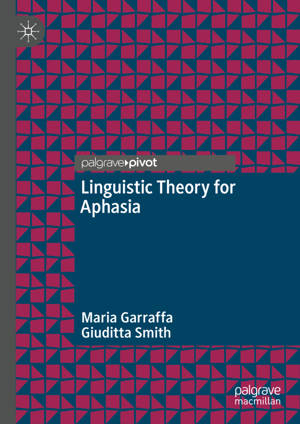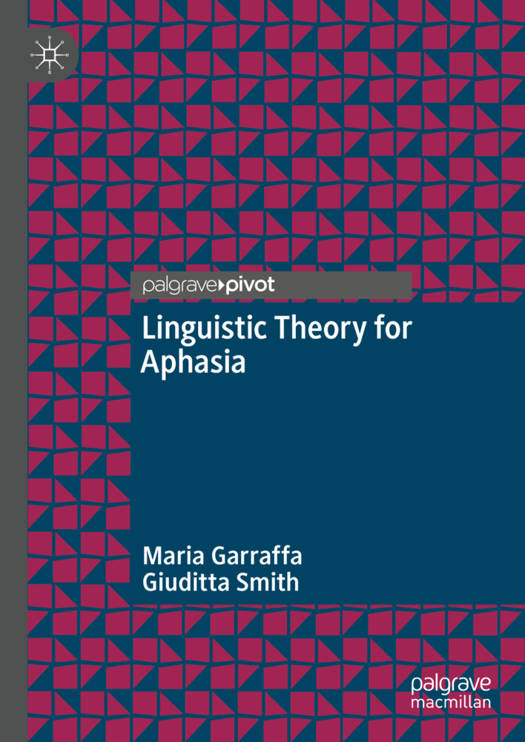
- Retrait gratuit dans votre magasin Club
- 7.000.000 titres dans notre catalogue
- Payer en toute sécurité
- Toujours un magasin près de chez vous
- Retrait gratuit dans votre magasin Club
- 7.000.0000 titres dans notre catalogue
- Payer en toute sécurité
- Toujours un magasin près de chez vous
Description
This book presents a cutting-edge overview of the language models of in phonology, morphology, syntax, and pragmatics, proposed to underlie language phenotypes across aphasic syndromes, as well as the potential applications of linguistic theory to advance therapeutic treatment -and research- in aphasiology. It draws together examples from a range of aphasic syndromes, providing valuable insights into the way language-specific properties may affect the manifestation of language deficits across aphasia. The authors discuss experimental evidence of deficits across language domains, which is crucial to those who study language abilities in aphasia. It concludes by examining how linguistic theory might contribute to patient classification in aphasia and to future directions for research in experimental linguistics and aphasiology. This book will appeal to students and scholars of neuropsychology, psycholinguistics, linguistics, and speech and language therapy.
Spécifications
Parties prenantes
- Auteur(s) :
- Editeur:
Contenu
- Nombre de pages :
- 100
- Langue:
- Anglais
Caractéristiques
- EAN:
- 9783031771330
- Date de parution :
- 24-12-24
- Format:
- Livre relié
- Format numérique:
- Genaaid
- Dimensions :
- 157 mm x 211 mm
- Poids :
- 276 g

Les avis
Nous publions uniquement les avis qui respectent les conditions requises. Consultez nos conditions pour les avis.






